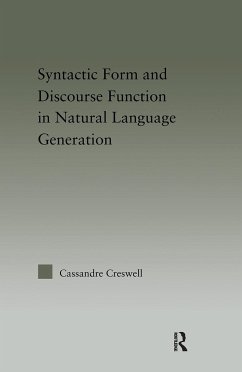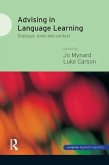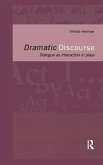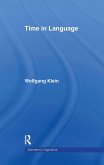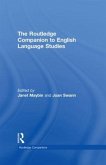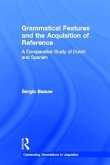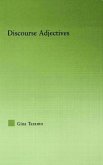Users of natural languages have many word orders with which to encode the same truth-conditional meaning. They choose contextually appropriate strings from these many ways with little conscious effort and with effective communicative results. Previous computational models of when English speakers produce non-canonical word orders, like topicalization, left-dislocation, and clefts, fail-either by overgenerating these statistically rare forms or by undergenerating. The primary goal of this book is to present a better model of when speakers choose to produce certain non-canonical word orders by incorporating the effects of discourse context and speaker goals on syntactic choice. The theoretical model is then used as a basis for building a probabilistic classifier that can select the most human-like word order based on the surrounding discourse context. The model of discourse context used is a methodological advance both from a theoretical and an engineering perspective. It is built up from individual linguistic features, ones more easily and reliably annotated than the direct annotation of a discourse or rhetorical structure for a text. This book makes extensive use of previously unexamined naturally occurring corpus data of non-canonical word order in English, both to illustrate the points of the theoretical model and to train the statistical model.
Bitte wählen Sie Ihr Anliegen aus.
Rechnungen
Retourenschein anfordern
Bestellstatus
Storno

